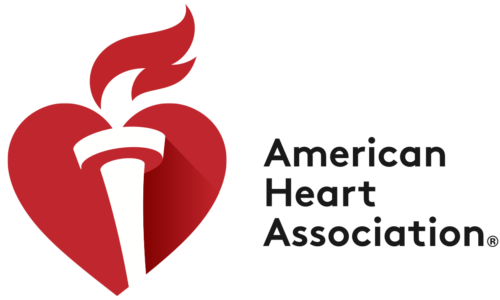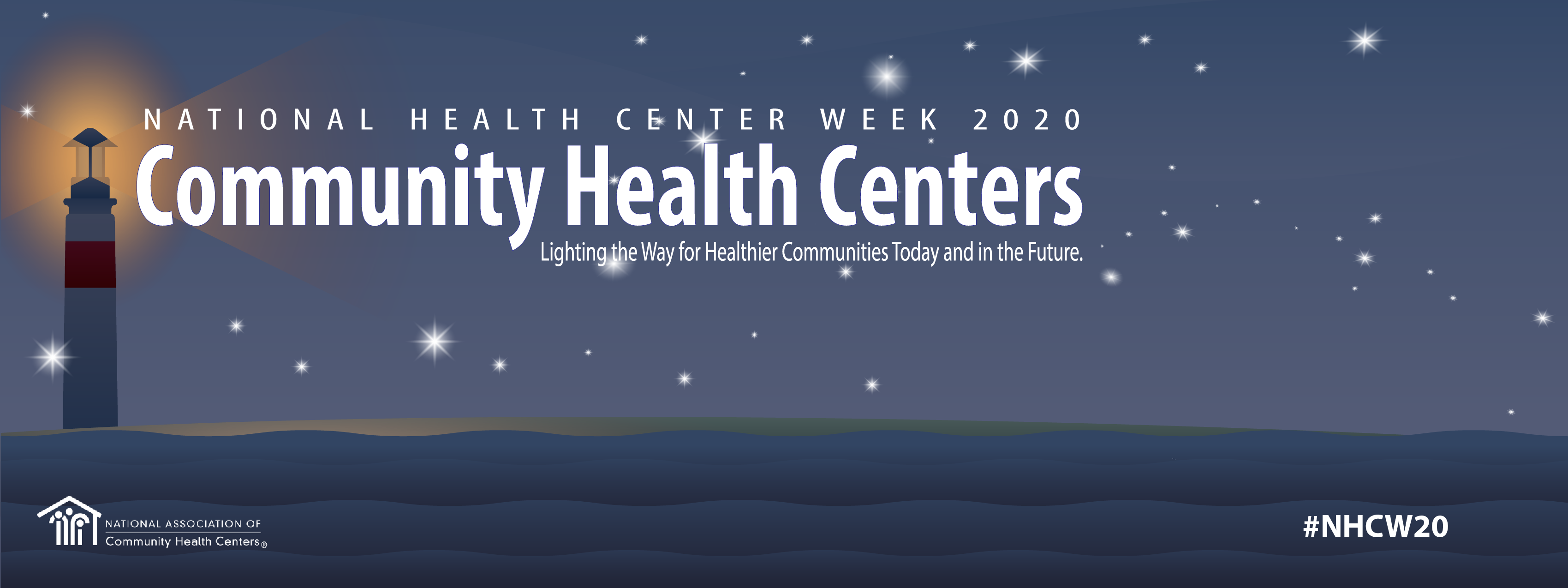American Heart Association and Rochester Regional Health combine forces for health equity

A new collaboration between the American Heart Association and Rochester Regional Health will help create a healthier community through a focus on health equity.
On April 25, the American Heart Association in Rochester announced an expanded relationship with Rochester Regional Health designed to address cardiovascular health and health equity. The sponsorship will help raise awareness that heart disease is the nation’s No. 1 killer, empower community members to take action on their own health, and continue to help remove the barriers to achieving good health.
Where you live can play an important part in your health. For example, within Monroe County, life expectancy can vary by over 20 years in a span of just four miles.
The American Heart Association, celebrating 100 years of lifesaving service as the world’s leading nonprofit organization focused on heart and brain health for all, is making strides in tackling health challenges through a series of key initiatives aimed at reducing health disparities.
This new two-year program will focus on various health topics impacting all communities in the Greater Rochester region, Genesee County and St. Lawrence County. It will include an educational video series on overall heart disease prevention and brain health, with special consideration for risk factors unique to women, rural communities and Black and Hispanic populations.
In addition to the video series, this collaboration will help create a Nation of Lifesavers. Over the next two years, the American Heart Association and Rochester Regional Health will conduct CPR demonstrations in targeted areas, including the restaurant industry, the faith community, and rural regions.
Lack of CPR training and resources continues to be a health equity issue. For example, a woman is less likely to receive CPR from a bystander than a man. Black or Hispanic adults who experience a witnessed cardiac arrest outside the hospital are substantially less likely than their white peers to receive lifesaving care from a bystander.
Primary care access continues to be below average in our local rural communities. Orleans, Wayne, Wyoming,and Seneca Counties have the lowest rates of access to primary care in the area, respectively. With the limited number of primary care physicians and the length of time an ambulance can take to arrive in our rural communities, everyone must learn Hands-Only CPR. This collaboration will bring Hands-Only CPR demonstrations into rural communities by convening religious leaders to help close gaps in health disparities.
“The American Heart Association has set a goal of doubling the survival of cardiac arrest by 2030,” said Megan Vargulick, executive director of the American Heart Association in Rochester. “We know that in order to save more lives from the 350,000 cardiac arrests that occur outside of the hospital every year, we must increase the number of people who respond to cardiac arrest by calling 911, delivering high-quality CPR and getting and using an AED as soon as it is available. Collaborations like this are how we can make that impact.”
Support from sponsorships like this program goes towards research, advocacy, CPR training and to promote better health in support of the Association’s 2024 Health Equity Impact Goal, reducing barriers to health care access and quality.
“Community-based partnerships focused on fostering health equity are essential lifelines for enhancing public health and saving lives from heart disease,” emphasized David Simpkins, Rochester Regional Health’s chief marketing and communications officer and senior vice president for Community Affairs. “The lack of CPR training presents a significant health equity challenge. Through collaboration with the American Heart Association and other community stakeholders, we can bridge these gaps, enhancing health outcomes and contributing to the national objective of reducing heart disease deaths and doubling cardiac arrest survival rates by 2030 across the Greater Rochester region. The collaboration will also focus on prevention and education on risk factors like hypertension, which can lead to pregnancy-related heart problems, particularly in black women.”
“With this support from Rochester Regional Health, we are working relentlessly to eliminate heart disease and stroke, optimize brain health, and ensure equitable health in every community,” said Salley Thornton, American Heart Association advisory board chairwoman and director of field marketing and events at Toshiba America Business Solutions. “For 100 years, the American Heart Association has saved and improved lives, pioneered scientific discovery, and advocated for healthy public policies in communities across the country. These bold moves are fueled by our mission to be a relentless force for longer, healthier lives. They’ve helped transform our nation’s health and significantly reduce heart disease and stroke death rates, but these gains have not been shared equitably. Black, Hispanic, Native American, Native Hawaiian, Asian American, Pacific Islander and LGBTQ+ people have suffered and died disproportionately. So have people in historically underrepresented communities all over the country.”
Learn more about how the American Heart Association is working to improve health and health care for all people at http://heart.org.
Provided information




